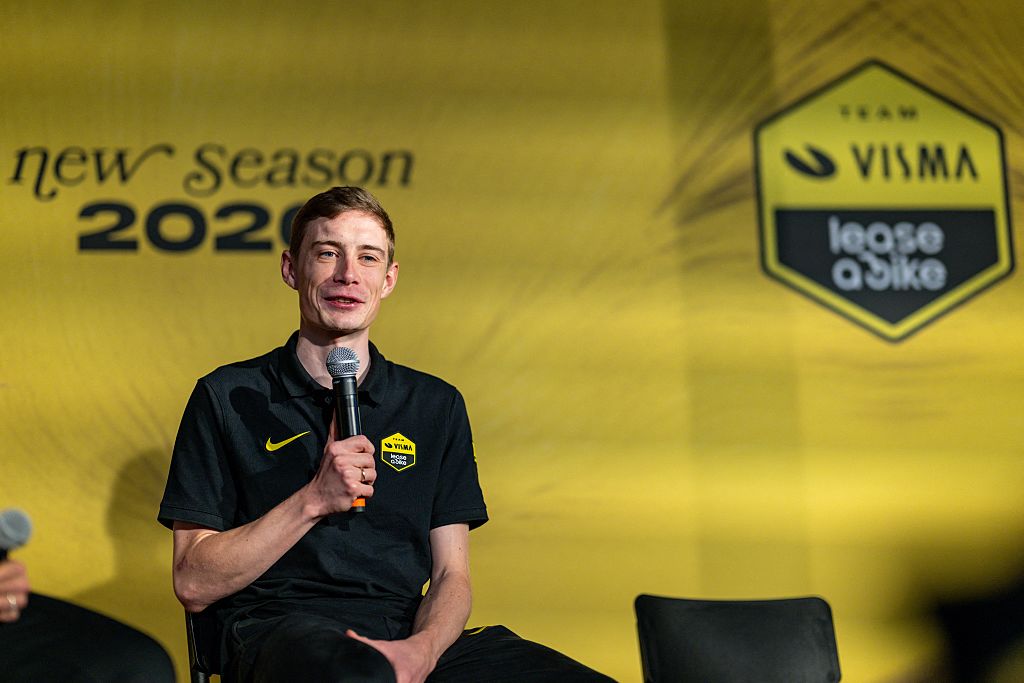USA Cycling staying ahead by focusing on non-traditional events
CEO Derek Bouchard Hall says recent IT upgrades allows new tiered memberships
The latest race content, interviews, features, reviews and expert buying guides, direct to your inbox!
You are now subscribed
Your newsletter sign-up was successful
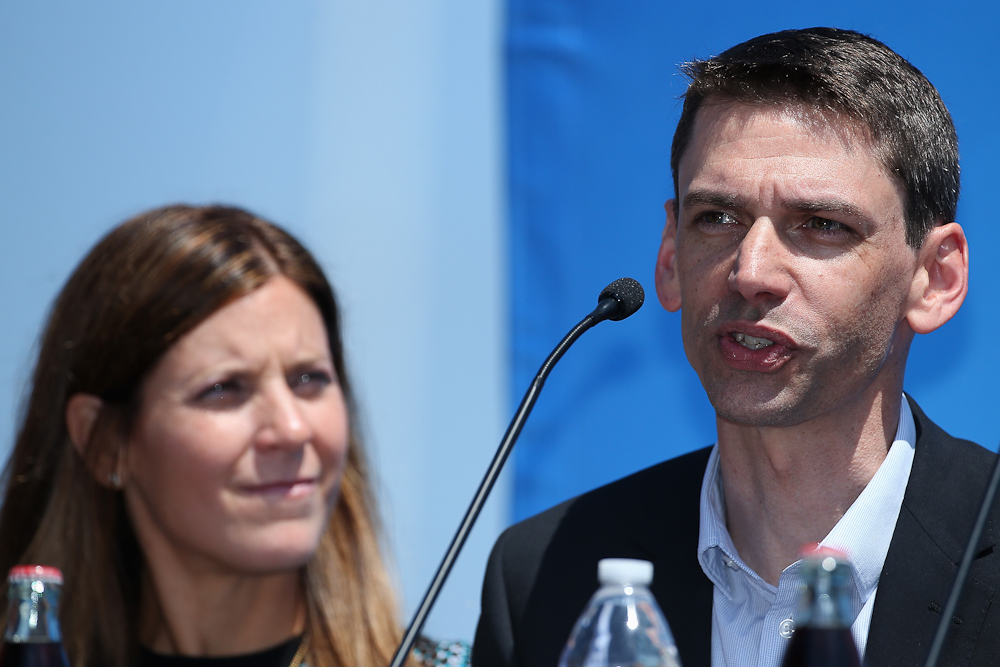
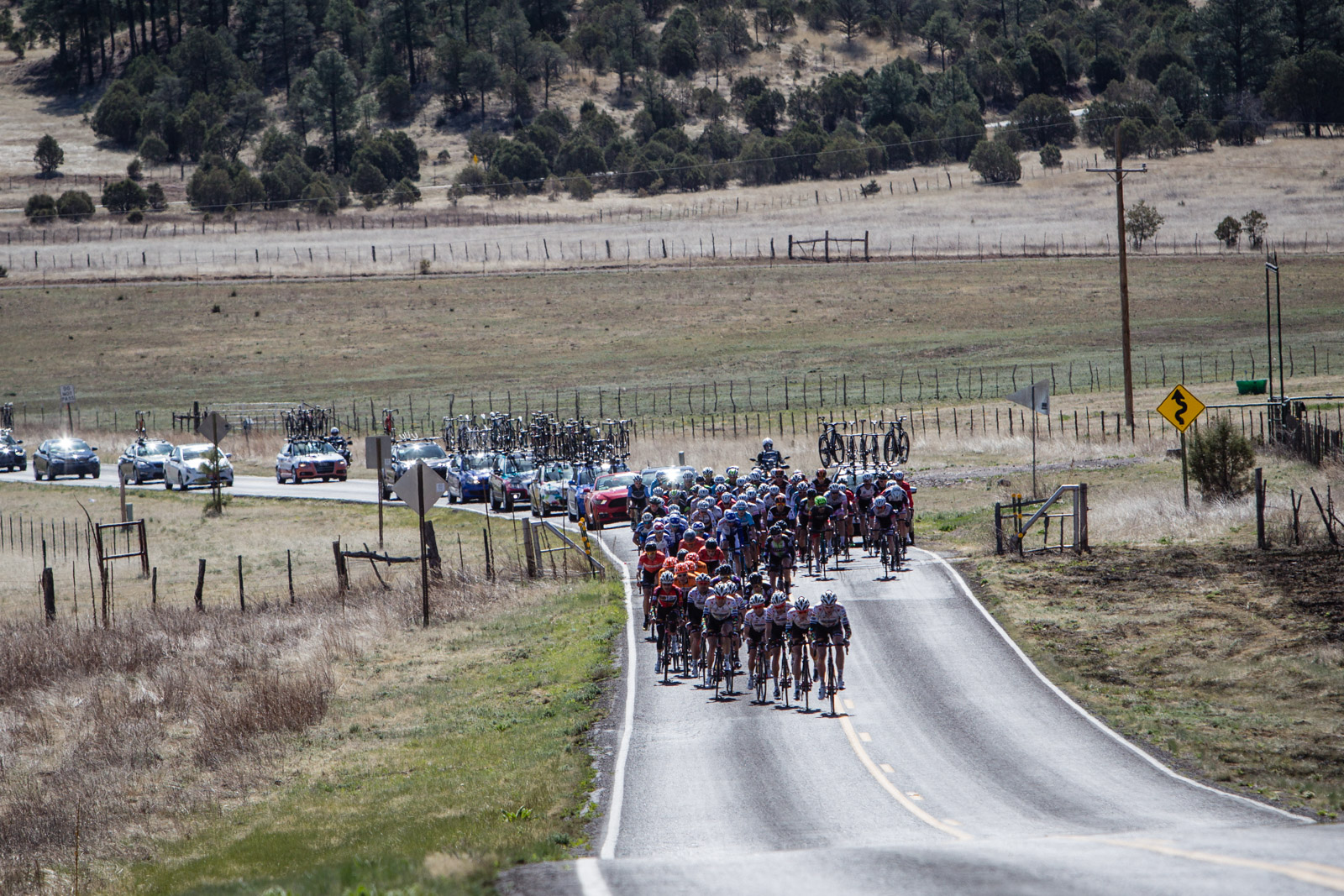
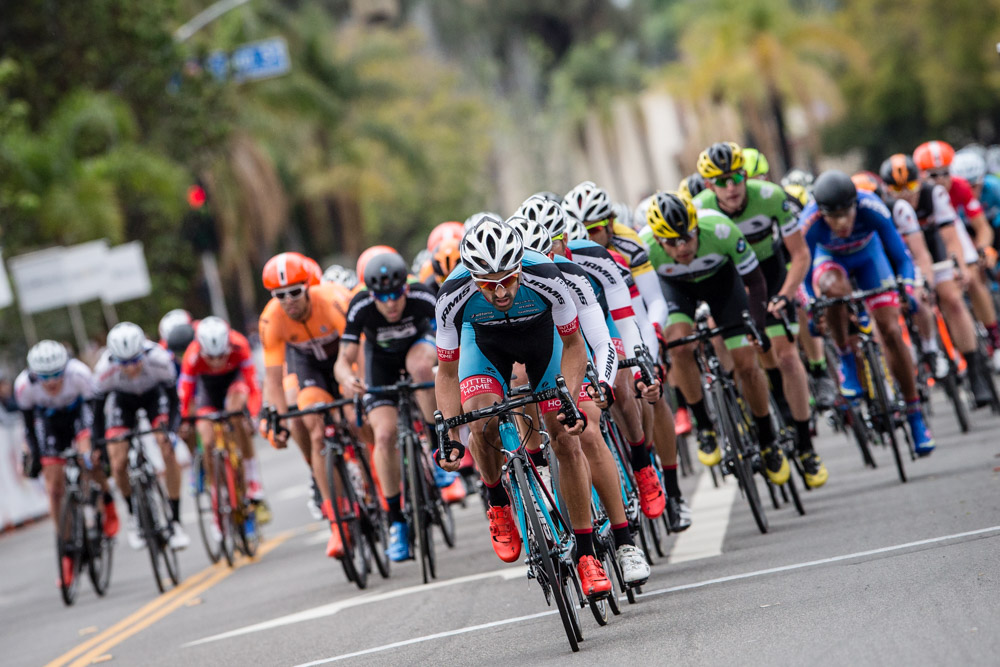
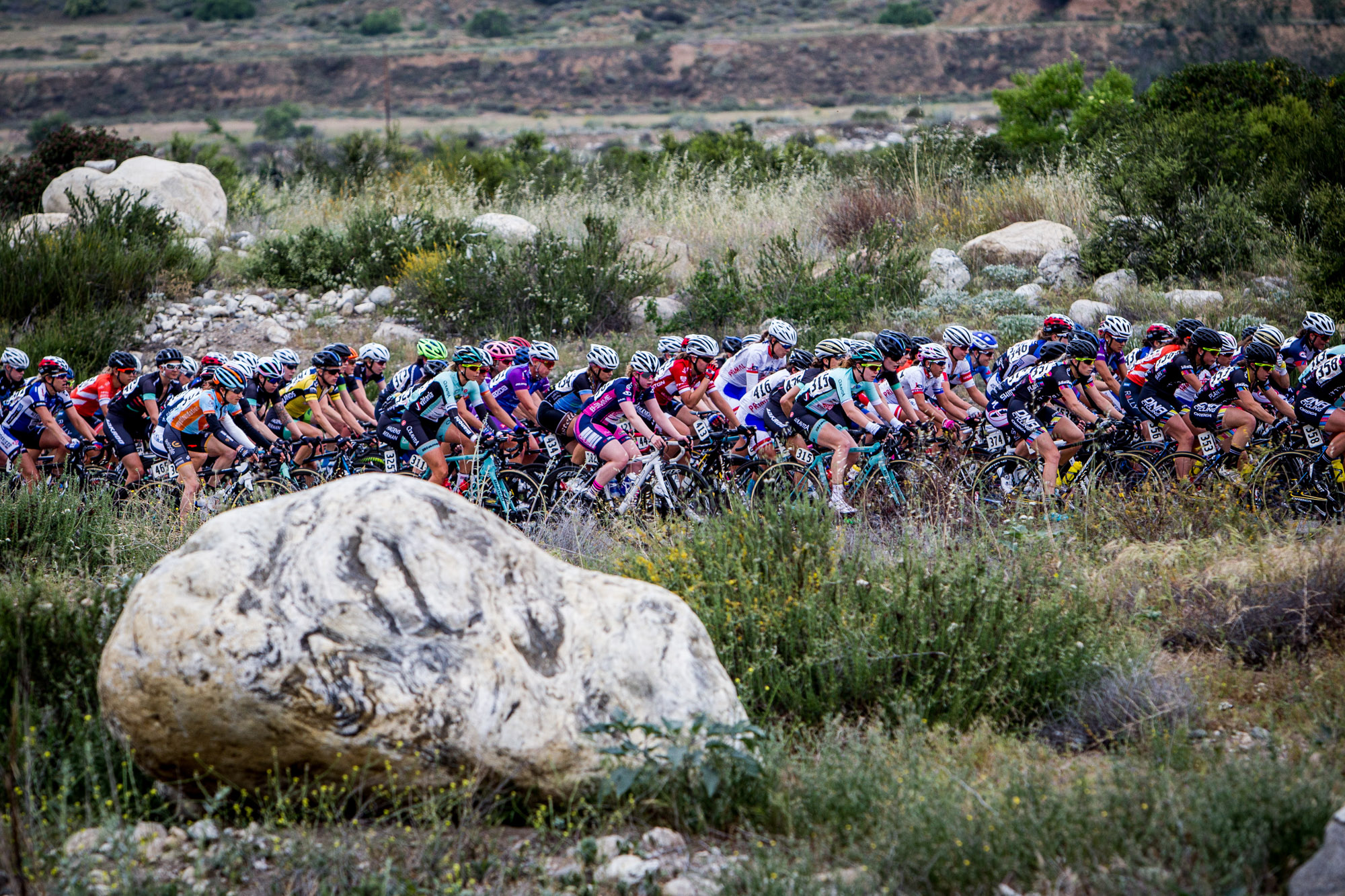
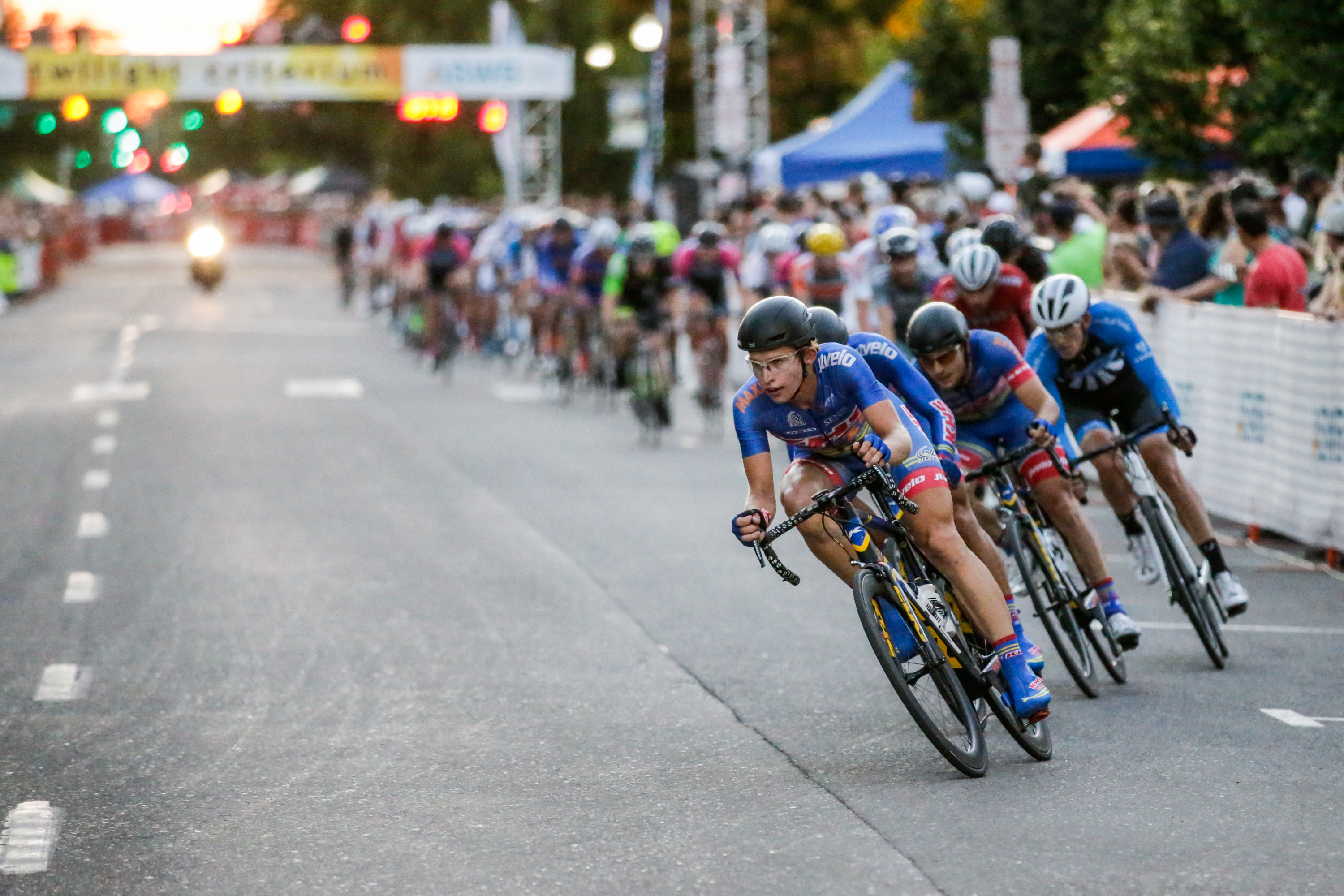
USA Cycling is heading into 2017 with a recovered financial footing, with an increase in memberships and sanctioned events from the previous year, mostly due to the governing body's recent expansion into recreational rides and non-traditional events, USA Cycling CEO Derek Bouchard Hall recently told Cyclingnews.
In a round of phone interviews with several media outlets last week, Bouchard Hall set about explaining how USA Cycling's move into the "enthusiast" market has sustained the organisation's membership rolls, and how cost-cutting decisions have put it on firmer financial footing.
Aside from other news about new policies and possible rule changes coming in 2017, Bouchard Hall was most proud of USA Cycling's recent IT upgrades to its website, which now allows for a tiered membership system and further expansion.
"It used to be at USA Cycling if you wanted to be a member, you paid the $70 racing license and that was it," Bouchard Hall said. "Now there's a range of options. You could just take out a Ride membership without any unlimited racing license. You can get a racing license that has different tiers associated with it. That's all facilitated by our new IT [system], and we are optimistic about the success of that."
The Ride membership is for people who enjoy gran fondos, gravel grinders and other fun rides but aren't ready to compete in one of the five traditional racing disciplines: road, mtb, track, cyclo-cross and BMX. People can choose from Ride for $50 or Ride+ for $150, with the more expensive option offering incentives like a USA Cycling team kit.
Racers will now have three options, with the traditional $70 option for unlimited racing and the $100 Podium tier with incentives like increased supplemental insurance and 24/7 roadside assistance. The $200 Podium+ tier is the top rung for racers.
"It's definitely a far more commercial focus for the organisation to be beyond simply a bureaucracy that issues licenses to actually a membership-focused, commercial organisation that is trying to provide a suite of products and services to what is an evolving community," Bouchard Hall said.
The latest race content, interviews, features, reviews and expert buying guides, direct to your inbox!
"Bike racing is evolving in America. There is a broader range of things that people are participating in, and we're seeking to support people in that broader range of events. Those are things we're pretty proud of and a lot of what is different for us heading into 2017.
"When people go to renew their licenses they will see a broader range of options and merchandise to purchase as well. These are things we haven't had in the past, and this new IT system is facilitating it," he said. "We're not done. We'll keep getting better. What we've done is created a platform to enable us to do new initiatives that we haven't had in the past."
On the Elite side, USA Cycling will implement changes for UCI pro road licenses, which previously have been set at $200 for women and $300 for men. In 2017, the governing body will introduce a tiered system that better reflects the resources USAC puts into the top end of the sport. Women and Continental men will now pay $250 for the pro licenses, while pro Continental men will pay $350 and World Tour men $400.
"This is something we've really struggled with," Bouchard Hall said. "We were very focused on the elite end and had a disproportionate amount of our resources were on the elite end. We've been looking to recast the organisation more toward the amateur side. I think we've been very successful in doing that, but that has involved reducing the amount of resources we put toward elite cycling
"In this case, some of the fees are more reflective of the energy USA Cycling needs to apply to support at community. That's part of those moves where we've done some re-balancing so that our fee is more reflective of the resource consumed by USA Cycling to provide that community with services."
In another licensing change for 2017, professional mountain bikers will no longer be required to purchase a UCI license.
Among the proposed rule changes that still need to be approved by the board of directors, race radios are back on the radar. USA Cycling wants to expand the use of radios on Category 1 and 2 races next year. Bouchard Hall said radios can enhance rider safety, and USAC believes the upper categories of amateur racing could benefit.
"Our primary objective with the reintroduction of radios is safety," Bouchard Hall said. "We believe race radios can enhance the safety of American cycling events given their ability to improve communication between riders and the caravan, which is particularly important in the United States where we so often use rolling enclosures."
Other proposed rule changes include adding a Category 5 for beginning women and allowing participation in gran fondos to count toward a Category 4 upgrade. Changes to one-day license opportunities and race-day surcharges for promoters are also coming. A full rundown of 2017 rule changes will be released later this month, according to USA Cycling.
Growing up in Missoula, Montana, Pat competed in his first bike race in 1985 at Flathead Lake. He studied English and journalism at the University of Oregon and has covered North American cycling extensively since 2009, as well as racing and teams in Europe and South America. Pat currently lives in the US outside of Portland, Oregon, with his imaginary dog Rusty.
